- Tags:
- Dorayaki / Ice Cream / Imuraya Co. Ltd. / Kasanel / Showa nostalgia
Related Article
-
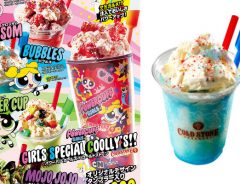
Cold Stone Creamery Japan Will Be Serving Kick-Ass Powerpuff Girls-Themed Drinks This Summer
-
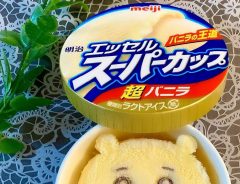
Artist turns popular Japanese ice cream into anime characters
-
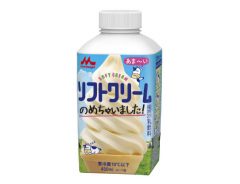
“Drinkable Soft Serve Vanilla Ice Cream” Released In Japan
-
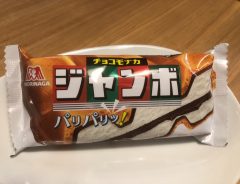
Japanese Twitter celebrates Olympic reporter discovering greatest convenience store ice cream
-
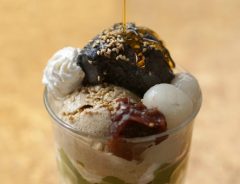
World’s Richest Sesame Ice Cream in Tokyo: A Trend to Rival Matcha?
-
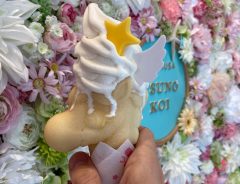
This Unicorn Softserve is Tokyo’s most magical ice cream!
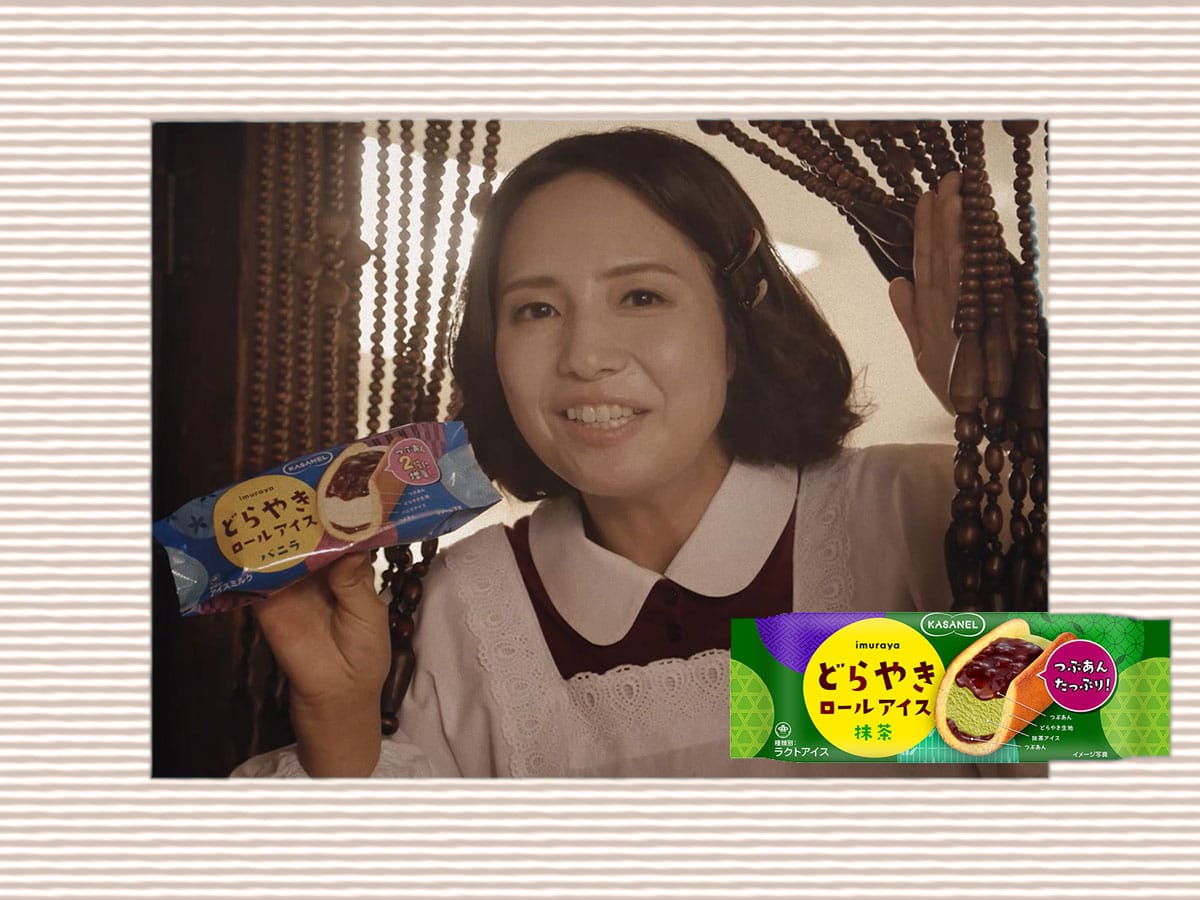


A small pancake filled with red bean paste, dorayaki is one of those iconic Japanese traditional sweets. A staple of Japanese sweets shops, and a common sight in anime (most famously, perhaps, as Doraemon's favorite food), dorayaki are cheap and delicious and a great snack when you need some energy. Of course, they also go perfectly with green tea.
In 2019, Imuraya Co., Ltd., a company known for incorporating traditional Japanese ingredients into sweets and famous for their Azuki Bar ice cream, launched a new dessert called Kasanel, featuring vanilla ice cream and red bean paste wrapped in an open dorayaki shell.
Kasanel improved vanilla flavor
In response to popular demand, Imuraya is launching an updated version of their original flavor with double the quantity of red bean paste:
© PR Times, Inc.
New matcha flavor
They've also added a new flavor to the lineup featuring matcha ice cream:
© PR Times, Inc.
Showa Era parody commercials
Their new commercials are a parody of Showa Era food product commercials which, much like their equivalent in the West, typically had a domestic setting with family members in stereotyped roles. The younger daughter wants to eat something sweet, the son wants to eat ice cream, the grandpa wants to eat dorayaki. Of course, mom knows best. She has Kasanel, which can please everyone in the family. Cue in the narrator who provides some exposition. Everything from the video processing, the background music, the acting, the narrator and the language, complete with the fetishistic use of English words like "derishasu" and "sutairishu" is a send-up of TV commercials from 1960s and 70s Japan. That is, of course, until the youngest daughter barges in anachronistically chirping: "You can even eat it while using your smartphone."
Product information